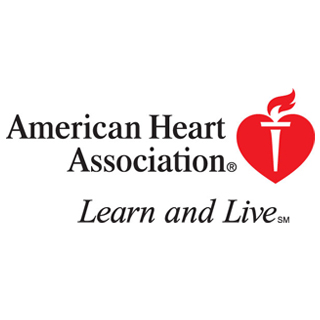
CPAP therapy seemingly enables a continual supply of airflow that keeps the airway open to sustain undisturbed breathing during sleep. This fades off sleep apnea and the patient gets a peaceful sleep. Some studies have associated blood vessel dysfunction to cardiovascular disorders too. Reversal of blood vessel abnormalities may help obstructive sleep apnea patients who do not have other health problems to avoid developing cardiovascular disorders.
“The findings should change how doctors treat patients with obstructive sleep apnea. Even apparently healthy patients with sleep apnea show abnormalities of small and large blood vessels, as well as impaired blood supply to the heart muscle, and these can improve with CPAP therapy,†commented Gregory Y.H. Lip, M.D lead author of the study and professor of cardiovascular medicine at the University of Birmingham in the United Kingdom.
As part of the study, the influences in blood vessel function were observed in 108 participants with no other health problems and with identical age, sex, body mass index and smoking status. The 108 candidates included 36 people with mild or severe obstructive sleep apnea in the absence of high blood pressure, 36 blood pressure patients devoid of sleep apnea and 36 individuals who did not face both the problems.
Different methods were put to use to check blood vessel working that was inclusive of myocardial contrast echocardiography to gauge supply of blood to the heart muscle. According to Lip, all patients of sleep apnea were administered the CPAP therapy but further randomized trials were required to affirm the medication’s role in improving blood vessel functions. Also, another aspect was that control group patients weren’t exposed to the therapy because none of them suffered from sleep apnea. This study may bring scientists closer to the link between obstructive sleep apnea and cardiovascular diseases.
The findings are reported in Hypertension: Journal of the American Heart Association.
